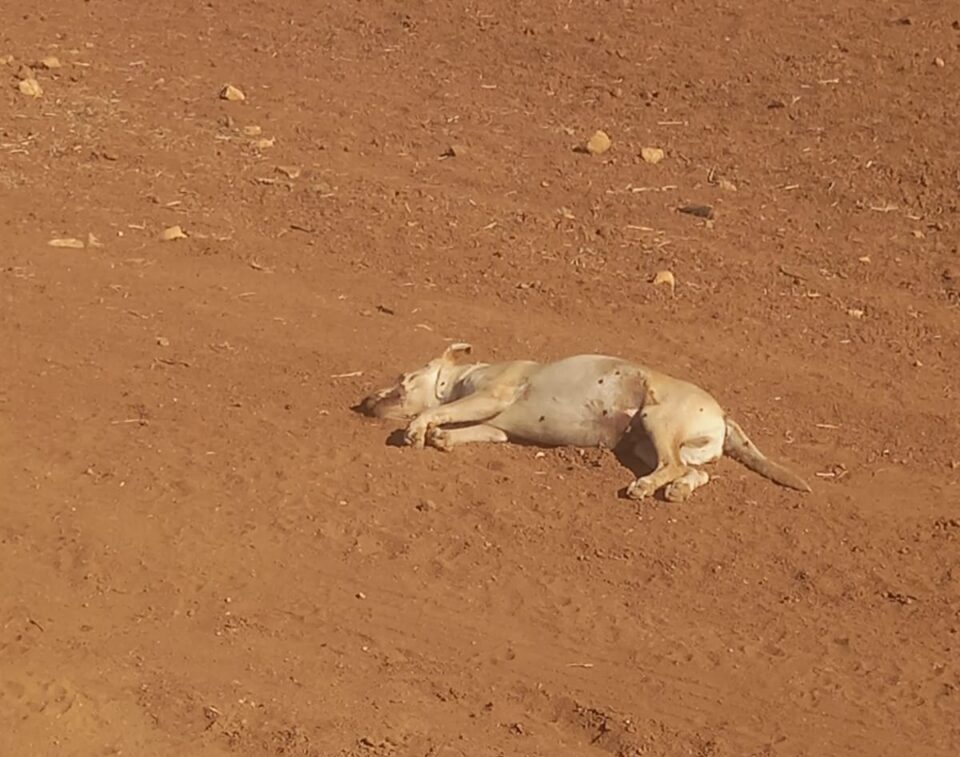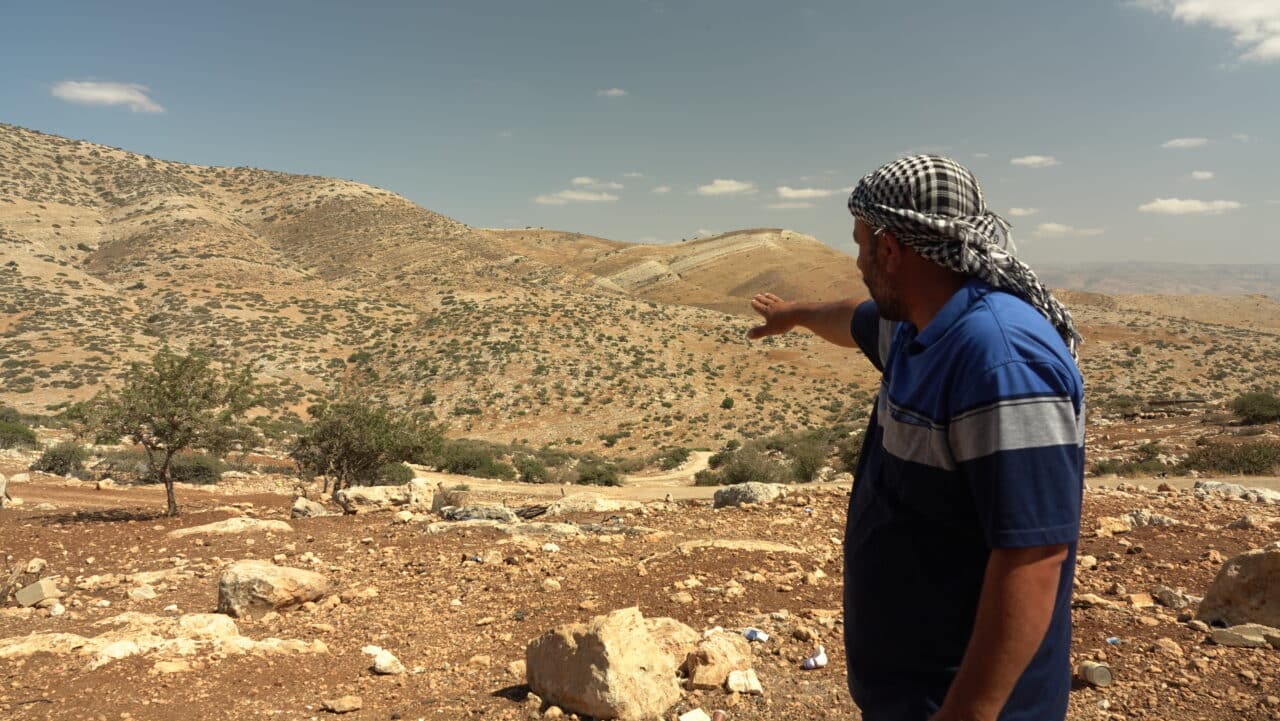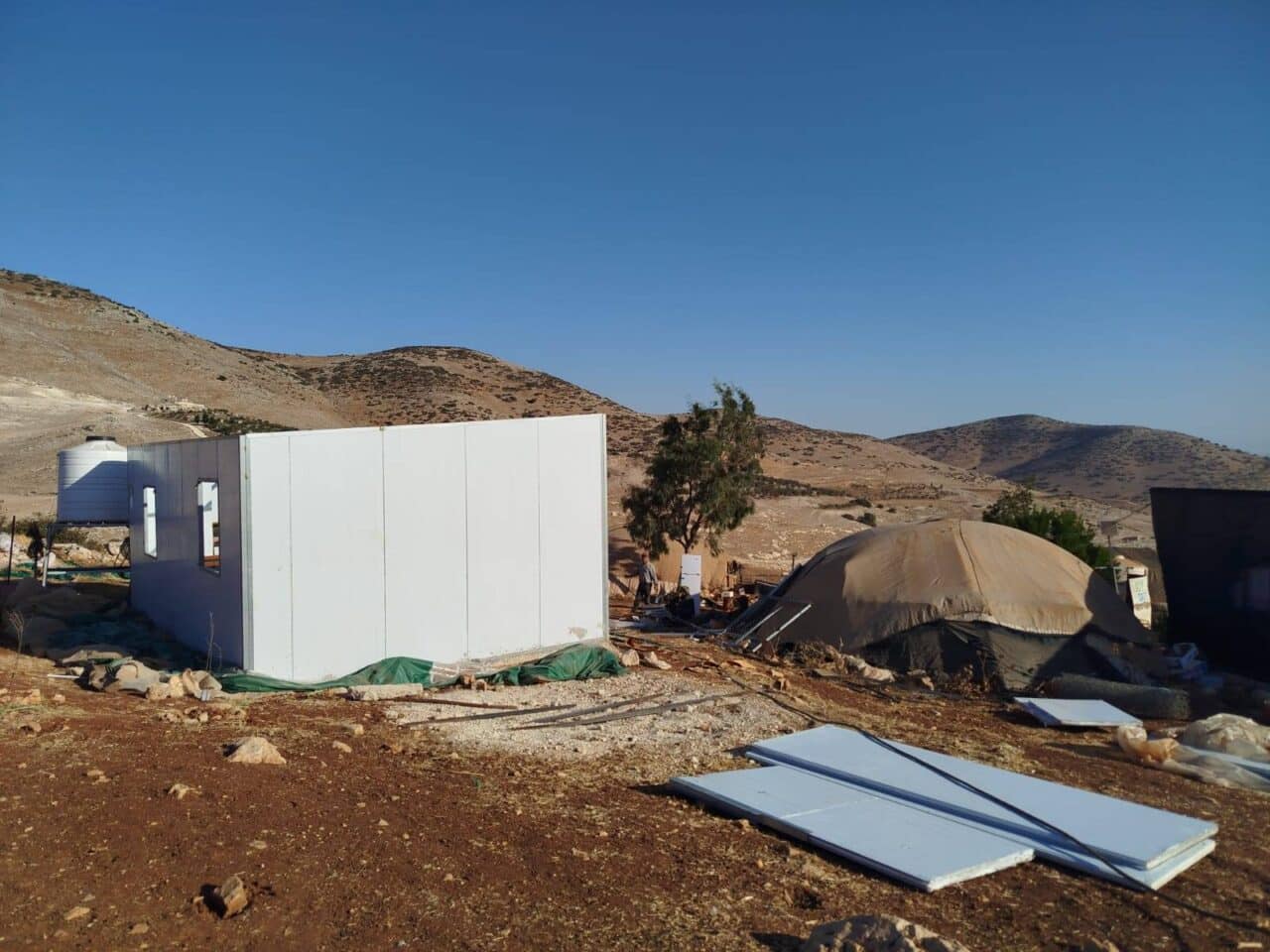Tag: Jordan Valley
-
North Jordan Valley: Another Week of Violence and Intimidation
Week Starting October 19 – A wrap up of incidents On October 19, settlers chased a local Palestinian farmer off his land and threaten him near the village of Farisiya. On October 24, the occupation forces stormed a home in Makhul, in the north of the Jordan Valley, terrorizing the local family. They tied up,…
-
Ongoing Nakba in the North-West Jordan Valley
Families in the area around Tubas are at the frontline of another land grab in the West Bank. This year has seen a pattern of incursions that we believe are intended to cut off the town of Tubas from the agricultural and grazing lands of the Jordan Valley, and expand the illegal Israeli settlements and…
-
Ibziq – A Dissection of a Forced Displacement in the Northern Jordan Valley
The community of Ibziq was located in the north of the Jordan Valley, in the Tubas region, until the end of September 2025. A member of the last family living there mentioned “it is like paradise”. The area is full of pasture for the sheep to eat and with stunning vegetation that blooms beautifully in…



